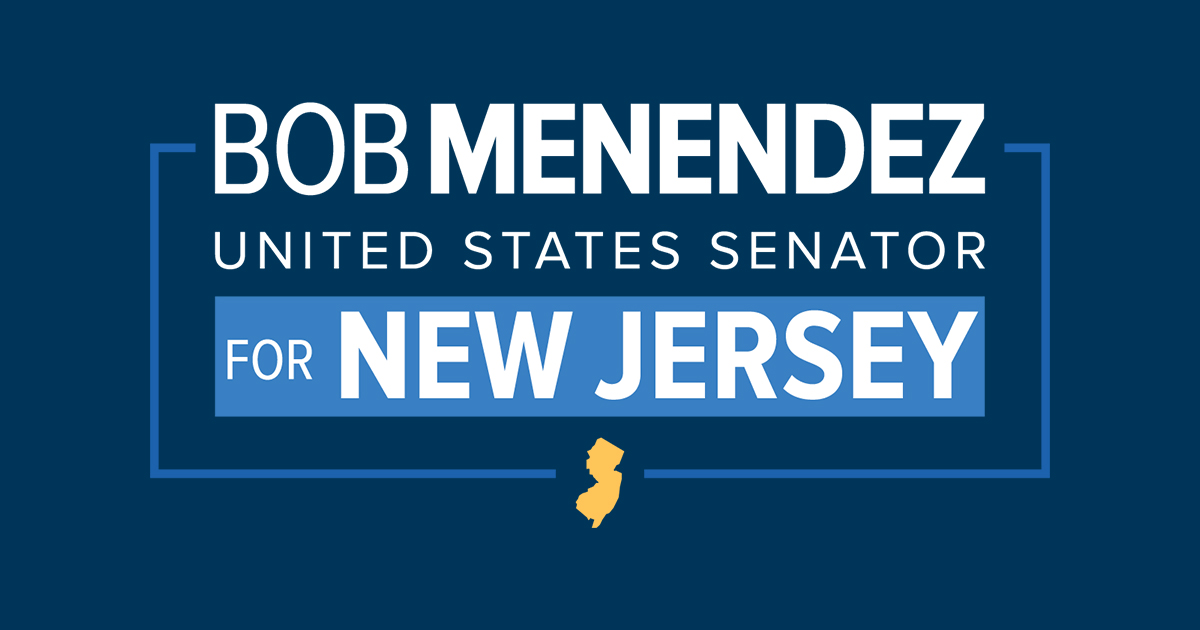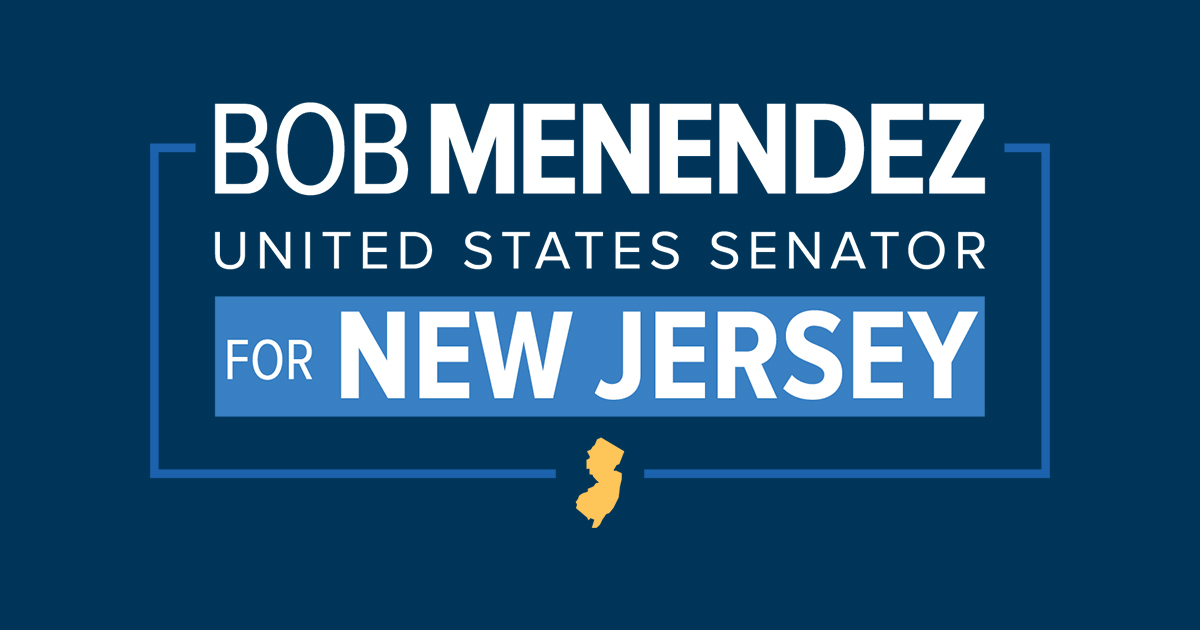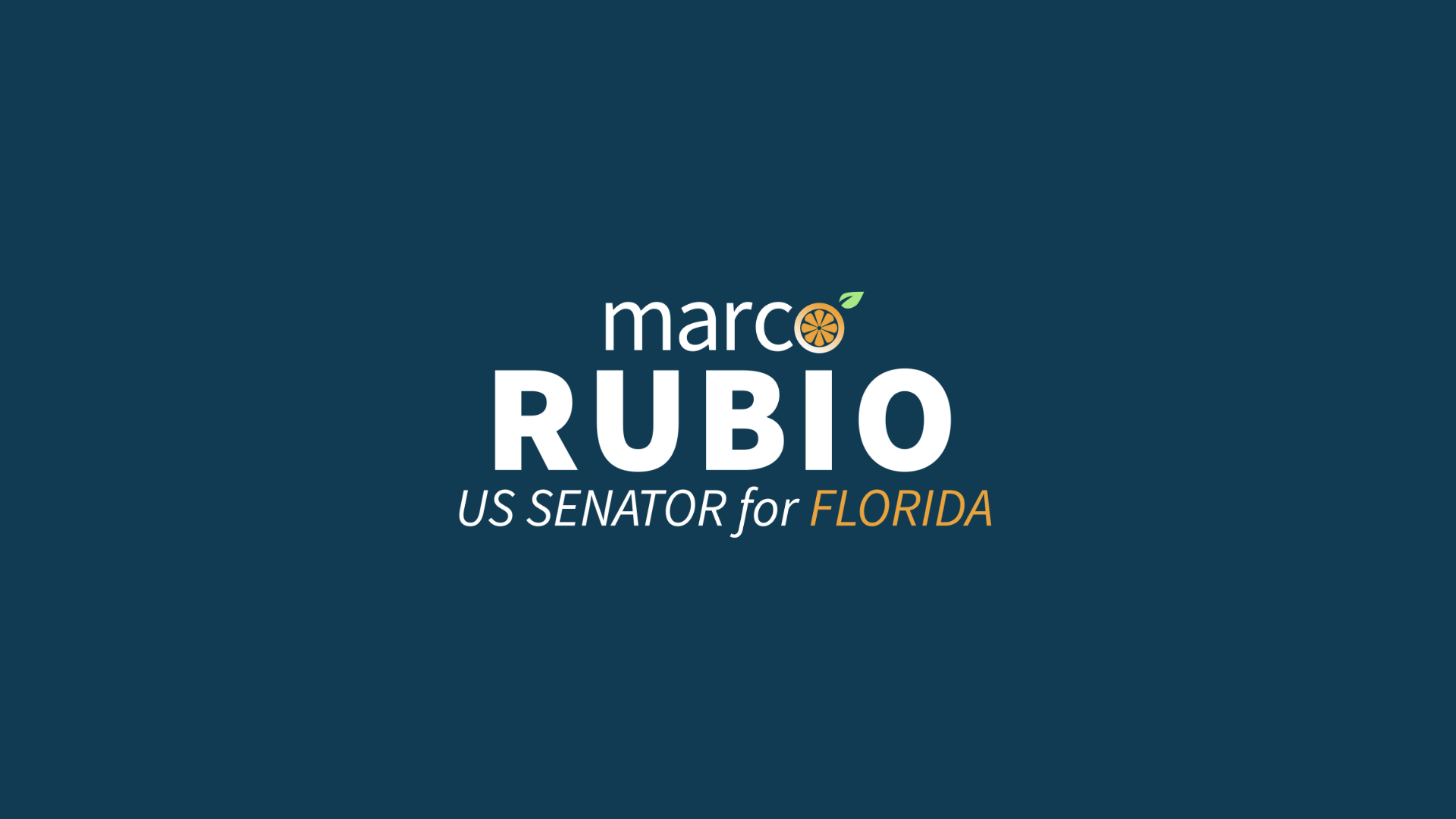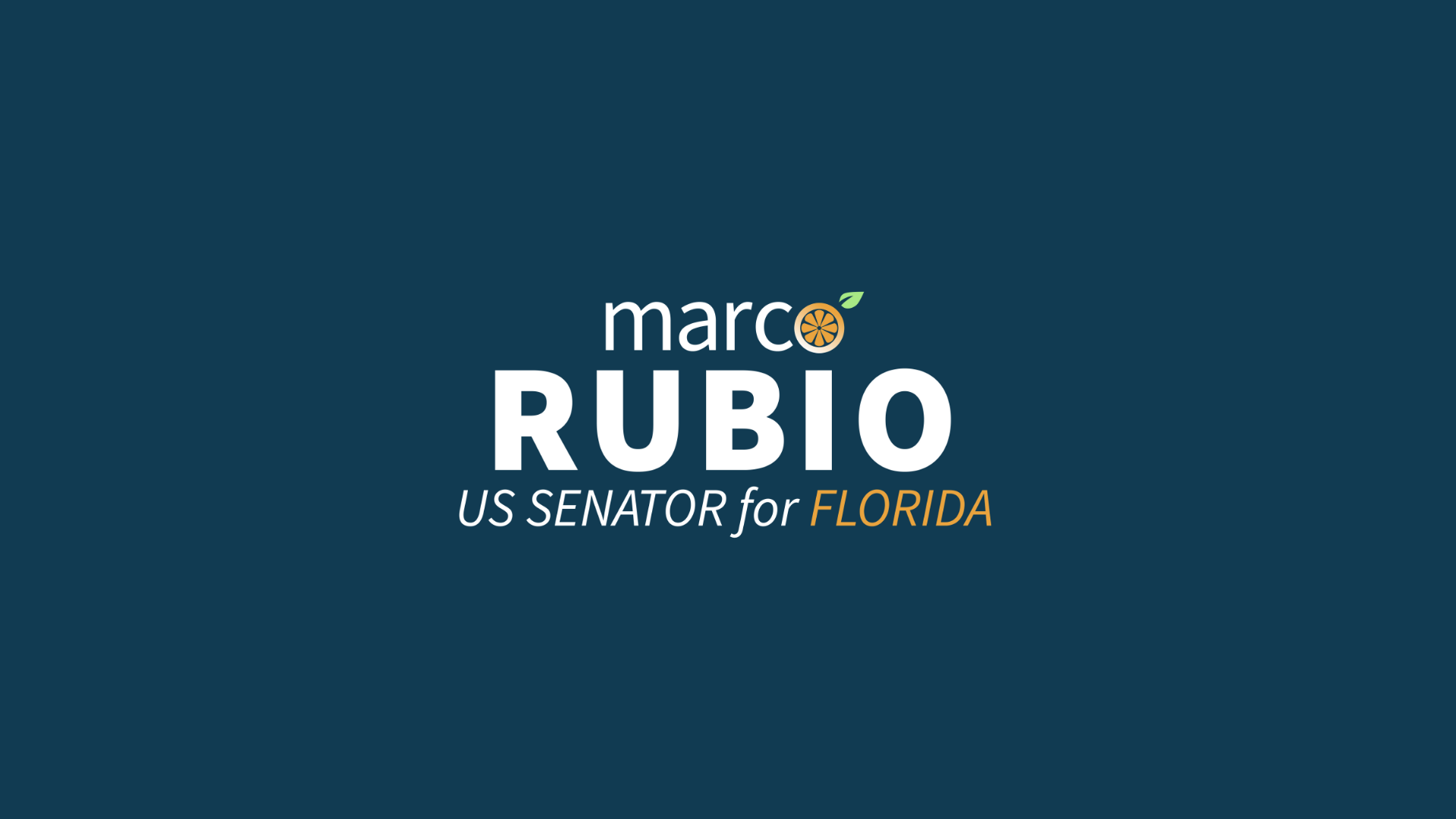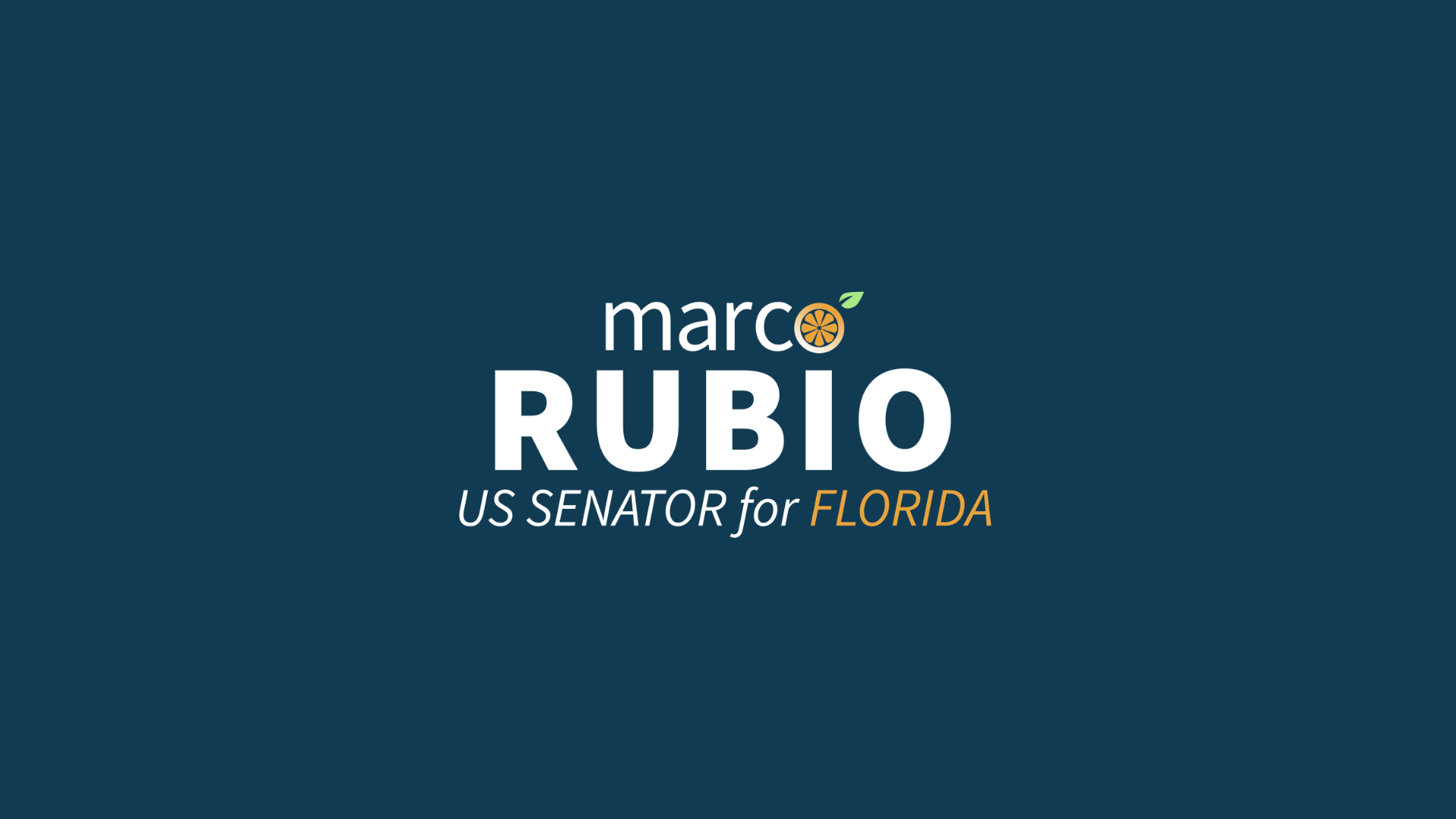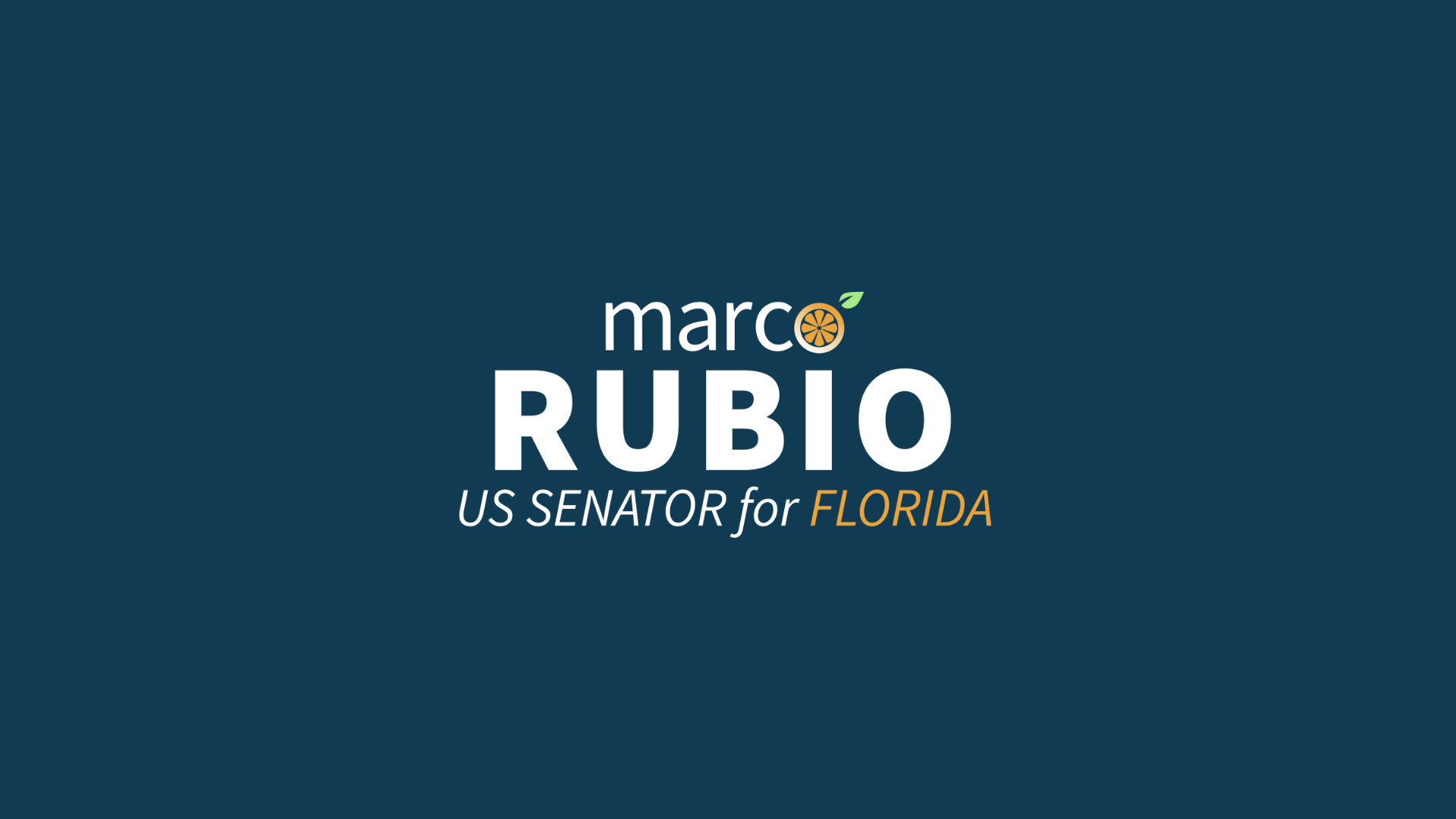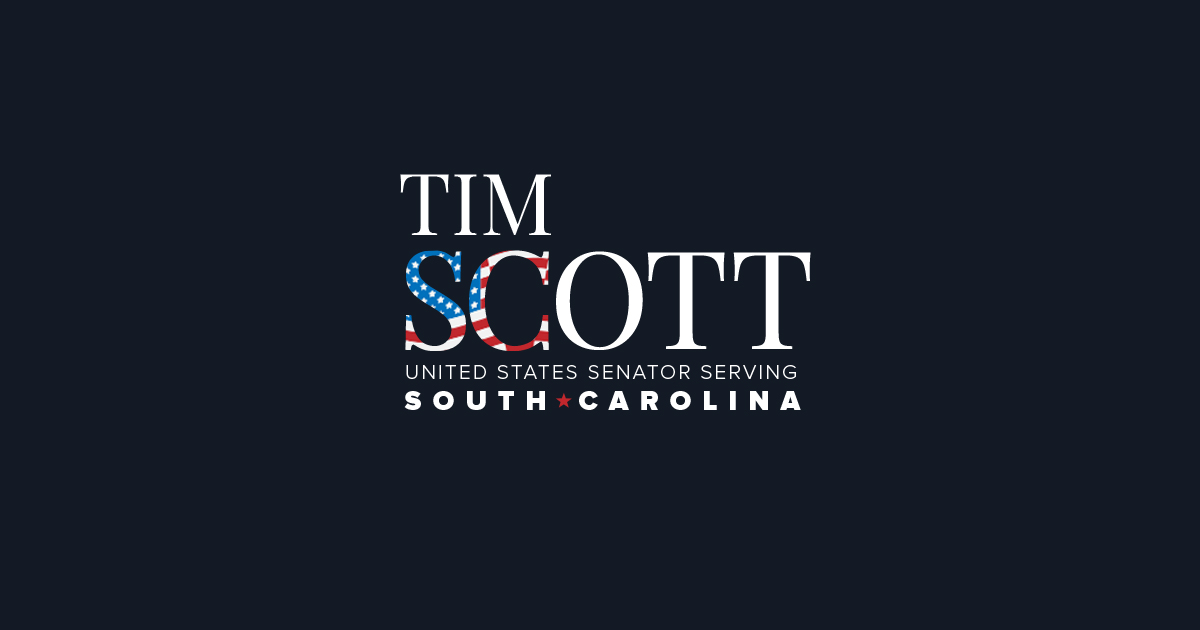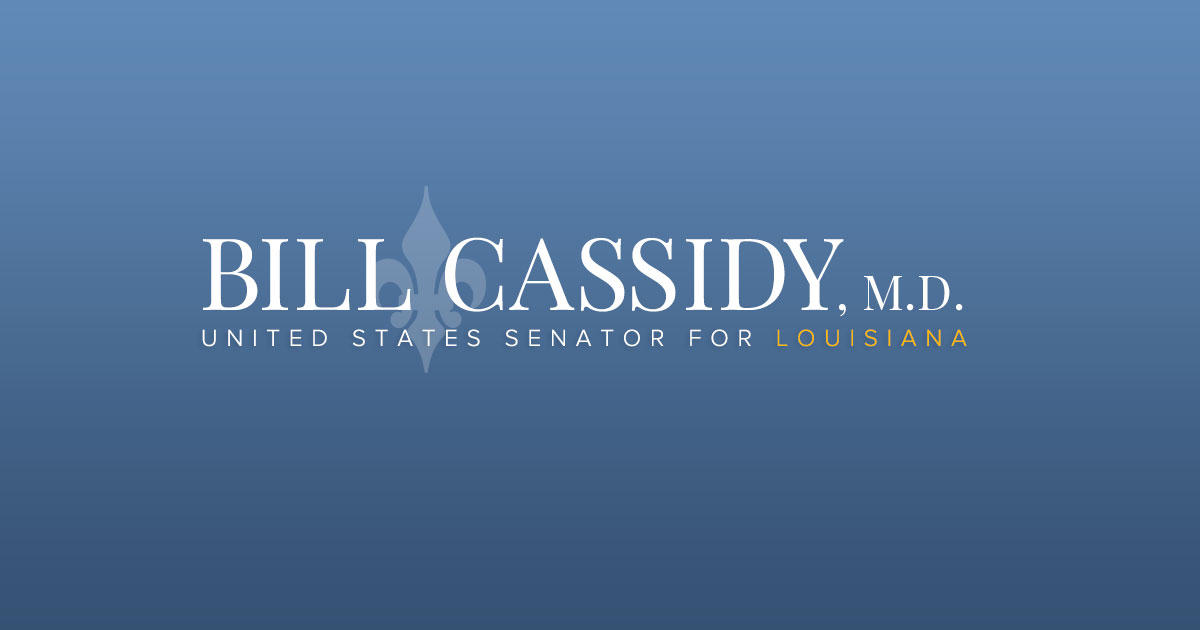Source: United States Senator for Louisiana Bill Cassidy
06.11.21
WASHINGTON – U.S. Senators Bill Cassidy, M.D. (R-LA), Jim Risch (R-ID), and Patrick Leahy (D-VT) led a group of colleagues in sending a letter to President Biden encouraging the administration to hold the Ortega-Murillo regime accountable for undermining democracy, denying the right to free and fair elections, and committing gross human rights abuses in Nicaragua.
“We write in support of immediate actions in response to the Ortega-Murillo regime’s systematic dismantling of independent civil institutions, which is undermining the rule of law in Nicaragua,” the senators wrote. “The United States should act swiftly and decisively to send a clear message urging the Ortega-Murillo regime to reverse course.”
Those joining Cassidy, Risch, and Leahy in signing the letter include U.S. Senators John Cornyn (R-TX), Dick Durbin (D-IL), Marco Rubio (R-FL), and Todd Young (R-IN).
“Since December 2020, the Ortega-Murillo regime has severely restricted independent civil society and media, forced unlawful financial regulations on local banks, seized control of the Supreme Electoral Council in violation of Nicaraguan law, and put in place a fraudulent electoral process that denies the Nicaraguan people’s right to freely and fairly choose their leaders in elections in November,” the senators continued. “The regime has begun to arrest and detain prominent opposition candidates for president, eliminating any possibility of a free and fair election.”
“We recommend considering [taking action] as part of a coordinated strategy with other members of the international community who share U.S. concerns, to support efforts of the Nicaraguan people to end corruption and restore democratic governance in their country, including through free and fair elections in November 2021,” the senators concluded.
The senators recommended the administration take the following actions:
- Review Nicaragua’s continued participation in the Dominican Republic-Central America Free Trade Agreement;
- Investigate the assets and holdings of the Nicaraguan Armed Forces in the United States and hold it accountable for gross violations of human rights; and
- Use tools available under Section 5 of the Nicaragua Human Rights and Anticorruption Act of 2018 and Executive Order 13851 to hold accountable Nicaraguan nationals, including members of the Nicaraguan National Assembly, where there is sufficient evidence of involvement in acts of corruption and other abuses.
Read the full letter here or below.
Dear President Biden:
We write in support of immediate actions in response to the Ortega-Murillo regime’s systematic dismantling of independent civil institutions, which is undermining the rule of law in Nicaragua. The United States should act swiftly and decisively to send a clear message urging the Ortega-Murillo regime to reverse course.
More than three years after the regime of Daniel Ortega and Rosario Murillo brutally repressed peaceful demonstrations, Nicaraguans have not found justice for the more than 320 people killed and the nearly 800 arbitrarily arrested. Since December 2020, the Ortega-Murillo regime has severely restricted independent civil society and media, forced unlawful financial regulations on local banks, seized control of the Supreme Electoral Council in violation of Nicaraguan law, and put in place a fraudulent electoral process that denies the Nicaraguan people’s right to freely and fairly choose their leaders in elections in November. The regime has begun to arrest and detain prominent opposition candidates for president, eliminating any possibility of a free and fair election.
The Ortega-Murillo regime’s concentration of power over all branches of the Nicaraguan Government and resulting corruption threaten the future of democracy in that country, damage the interests of the United States, and erode confidence in the ability of the Nicaraguan Government to uphold its international obligations, including those under the Dominican Republic-Central America Free Trade Agreement (CAFTA-DR).
Therefore, we urge your administration to take additional measures in response to the repression in Nicaragua. First, the administration should consider Nicaragua’s continued participation in CAFTA-DR if the Ortega-Murillo regime continues to tighten its authoritarian rule in an attempt to subvert the November elections, specifically, and undermine democracy and human rights in Nicaragua generally. The CAFTA was envisioned as a preferential trading arrangement among the free nations of Central America and the United States. The Ortega-Murillo regime’s attempts to crush democracy in Nicaragua are inconsistent with the spirit and principles of CAFTA-DR.
Second, the administration should thoroughly investigate the assets and holdings of the Nicaraguan Armed Forces in the United States and consider appropriate actions to hold it accountable for gross violations of human rights.
Lastly, we recommend using the tools available to you under Section 5 of the Nicaragua Human Rights and Anticorruption Act of 2018 (NHRAA) and Executive Order 13851 to hold accountable Nicaraguan nationals, including members of the Nicaraguan National Assembly, where there is sufficient evidence of involvement in acts of corruption and other abuses to further the efforts by the Ortega-Murillo regime and their accomplices to undermine democracy.
We recommend considering these actions as part of a coordinated strategy with other members of the international community who share U.S. concerns, to support efforts of the Nicaraguan people to end corruption and restore democratic governance in their country, including through free and fair elections in November 2021.
###
